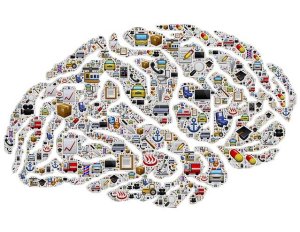
Engaging the working memory, using self-control, managing time and thinking flexibly are some of the mental capabilities described by the term ‘executive function’. Every day, these capabilities are drawn upon to engage productively with learning or working and to succeed in everyday life. Being intrinsically linked to success in the every day, difficulties with executive function make it challenging to focus and remain on task, to follow directions, and to manage emotions.
How can we support students’ executive functioning and what has it got to do with UDL?
Many educators are familiar with the notion of cognitive load. When teaching reading, for example, the goal is for the reader to comprehend the text. However, if a student is unable to accurately and fluently read the text, comprehending it is all the more difficult. As such, teaching reading with a strongly scaffolded systematic and explicit approach, that combines foundational and supporting skills is essential. Once decoding automaticity is gained, the brain can expend its energy on understanding.
The same is true for supporting a student’s executive function. When a student’s energy is expended on accomplishing low-level, low-impact tasks, the working memory is not available to focus on higher-order functioning skills.
Universal Design for Learning (UDL) plays its role in a number of ways. One way is through scaffolding lower-level skills, in order to remove the executive processing ‘brain drain’ of such skills. Many of the practical, easy-to-implement strategies for such scaffolding are suggested in the Universal Design for Learning section of this website or in the CAST UDL framework.
The other rung of support is through scaffolding strategies to support higher-level executive skills in order for them to develop more effectively. Upcoming posts will explore UDL-informed strategies to support goal-setting, planning, managing resources and self-monitoring.
